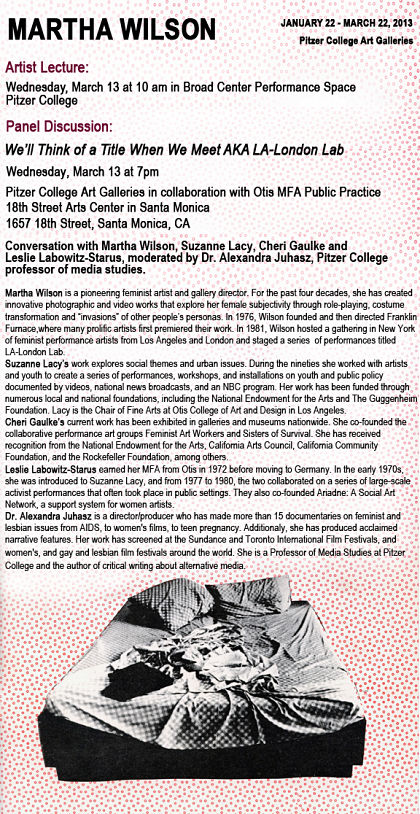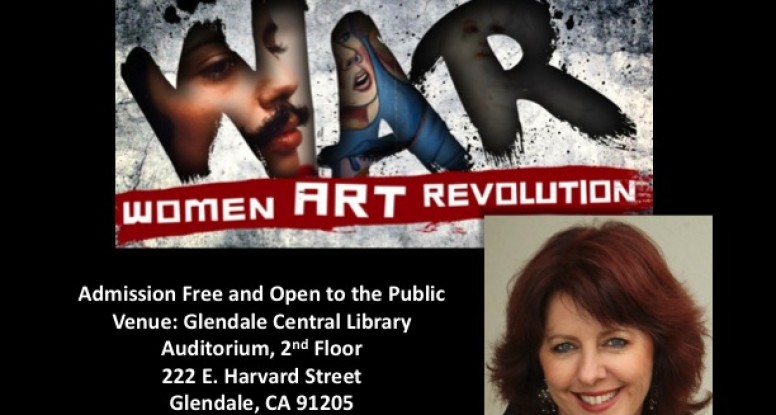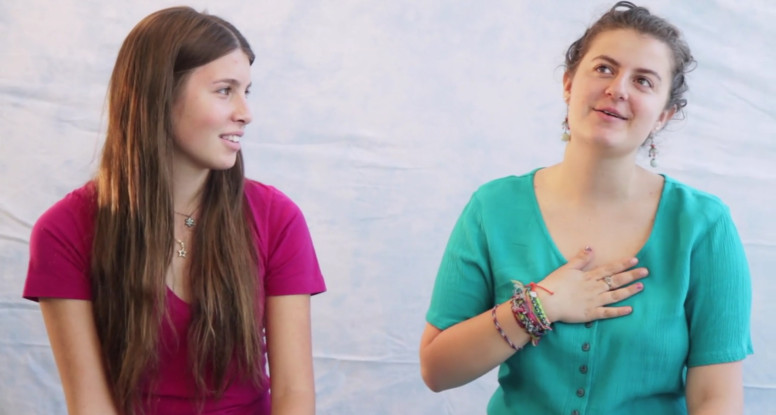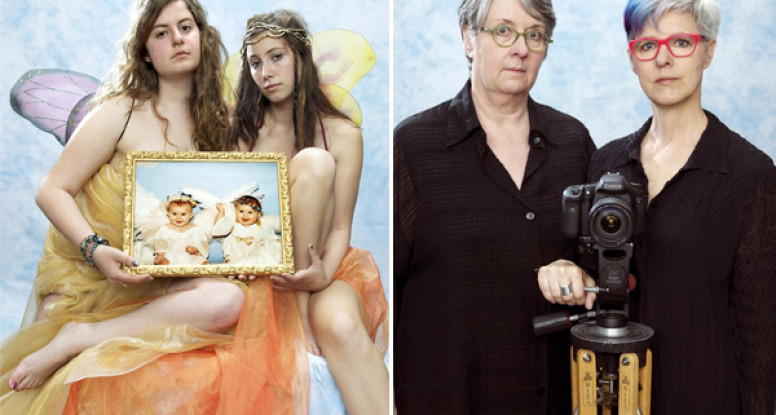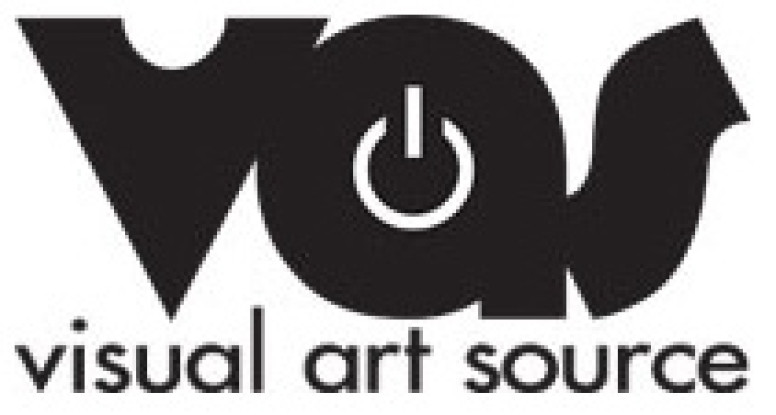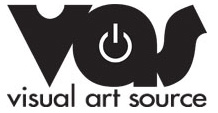
Twin Diptych by Cheri Gaulke. Left: The Mamas Pose the Babies. Right: The Babies Pose the Mamas
Tomorrow (April 14) is your last chance to see the wonderful exhibition “Breaking in Two: Visions of Motherhood,” curated by Bruria Finkel, at Arena 1 Gallery, 3026 Airport Ave., Santa Monica. www.santamonicaartstudios.com The gallery opens at noon and there’s a closing reception from 6-9 pm which I plan on attending.
I am exhibiting a new photographic work called “Twin Diptych” as well as the video “Our Wedding” and the artists’ book “Marriage Matters.” There’s lots of strong and diverse work in the show and I highly recommend it. Here’s what the Los Angeles Times said about my work:
“One of the most engaging currents threading through the show has to do with reciprocity, the way that children, in effect, birth their parents, endowing them with new, utterly altered identities. In Cheri Gaulke’s poignant “Twin Diptych,” mothers and daughters each get a turn at representing the other. Gaulke and her wife, Sue, pose their teenage twins as winged, gossamer-draped angels, a tongue-in-cheek coda to the similarly staged baby picture the girls hold before them. The girls, in turn, picture their mothers with equally exaggerated grimness, unsmiling, in matching black, their colorful glasses and blue-streaked hair the only overt notes of subversion.” –Leah Ollman
The participating artists include: Kim Abeles, Lita Albuquerque, Eleanor Antin, Michele Asselin, Jo Ann Callis, Joyce Dallal, Bruria Finkel, Magaret Garcia, Cheri Gaulke, Tierney Gearon, Judithe Hernandez, Channa Horwitz, Katherine Jacobi, Mary Kelly, Margaret Lazzari, Andrea Liss, M.A .M. A., Kim McCarty, MaryLinda Moss, Mother Art, Sandra Mueller, Pearls of Wisdom: End the Violence, Renee Petropoulos, Astrid Preston, Alison, Saar, Betye Saar, Sola Agustsson Saar, Lesley Saar, Reva Santo, Sylvia Sher, Amy Shimshon-Santo, Elena Mary Siff, Doni Silver Simons, Linda Vallejo, June Wayne, Ruth Weisberg, Kim Yasuda and Shuang Zhang.
-Cheri Gaulke
